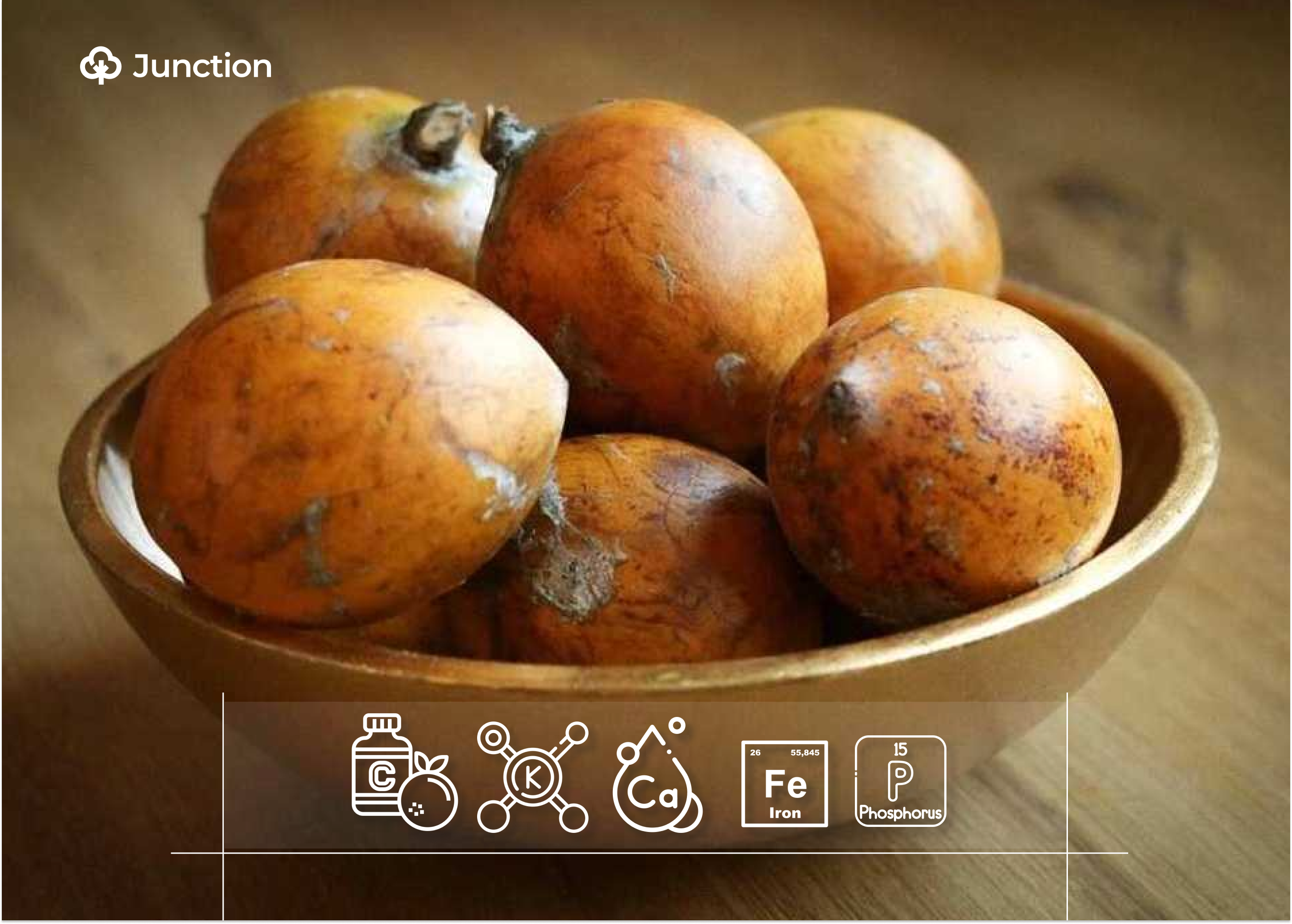News in Brief:
– The African red star apple, a seasonal favourite, offers a blend of sweet-sour taste and significant health benefits.
– It has high vitamin C and fibre content, making it popular among consumers and sellers alike.
The vibrant African red star apple, known by many names like Agbalumo in Yoruba, Udara in Igbo, or Chiwo in Hausa languages, has once again painted the markets with its distinctive hues, signalling the start of its season.
The fruit, scientifically called Chrysophyllum albidum, arrives in abundance during the early months of the year, particularly January and February, reaching its sweetest peak in March and April.
It’s a seasonal delight that draws the attention of everyone, from those seeking a healthy snack to those who cherish its traditional significance.
A walk through major markets in Lagos, as well as other parts of the country, will reveal the subtle variations in the fruit. Some are sweeter, with a perfect blend of sweet and sour, which is what many consumers prefer. Larger, firmer fruits are also highly sought after, as they’re often perceived as fresher and of better quality.
Market dynamics: a seller and consumer perspective
The arrival of the red star apple brings a flurry of activity to local markets. Sellers report a significant increase in demand during this period.
“It’s a very popular fruit, and people look forward to it every year. The demand is quite high, and it provides a good income during its season,” John Oseghale, a vendor at Iyana Iba market, Lagos, explains.
However, because it’s a seasonal fruit, Oseghale notes that the income is only available for a limited time.
Also, consumers eagerly anticipate the red star apple. Many appreciate its unique taste and the nostalgic memories it evokes. “I love the taste, and it brings back a lot of cherished childhood memories. It’s a seasonal treat I always anticipate,” one consumer shared. The fruit’s affordability and widespread availability in local markets further contribute to its popularity.
Nutritional powerhouse: health benefits revealed
Meanwhile, beyond its delightful taste, the African red star apple is a nutritional powerhouse.
Blessing Kure, a Lagos-based nutritionist, highlights its numerous health benefits. She notes that despite the presence of a sticky, white resin that some might find off-putting, the fruit’s advantages are undeniable.
Firstly, it’s exceptionally rich in Vitamin C, even surpassing oranges. This vital vitamin strengthens the immune system and acts as a potent antioxidant.
Secondly, its high fibre content aids digestion, helps with weight management, and regulates blood sugar levels. Pregnant women often find it helpful for alleviating nausea and cravings.
“You know pregnant women tend to react with nausea to anything that causes olfactory discomfort. The fruit is excellent in helping against that feeling,” the nutritionist said.
However, she advised moderate consumption and recommends professional medical advice before ingesting for pregnant women.
Furthermore, the fruit supports cardiovascular health, thanks to its antioxidants and potassium content, which can help lower blood pressure and cholesterol. Also, its low-calorie, high-fibre composition makes it an excellent snack for those watching their weight.
Additionally, it can ease menstrual cramps and relieve minor gum and toothaches. The presence of calcium and phosphorus further contributes to bone health.
Traditional uses and responsible consumption
Traditional medicine practitioners recognise the therapeutic potential of the Chrysophyllum albidum tree. Various parts, including the leaves, bark, and seeds, have been used to address different ailments.
However, Blessing Kure stated that it is crucial to consult with qualified medical professionals before using any traditional remedies. In essence, the African red star apple is a cultural and nutritional treasure. Its delicious taste, combined with its numerous health benefits, ensures its continued popularity across generations.



